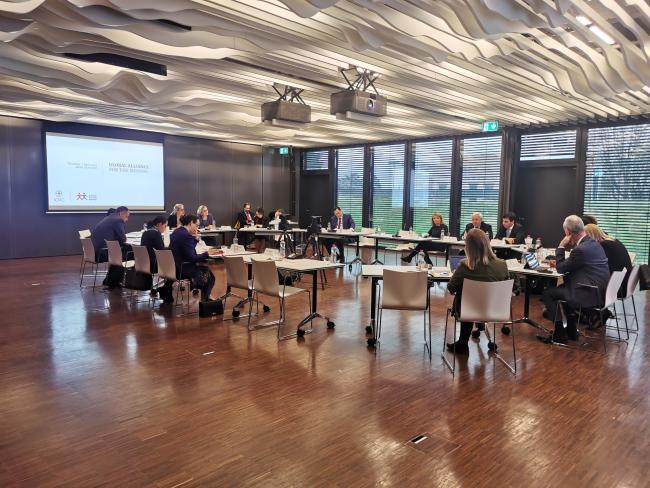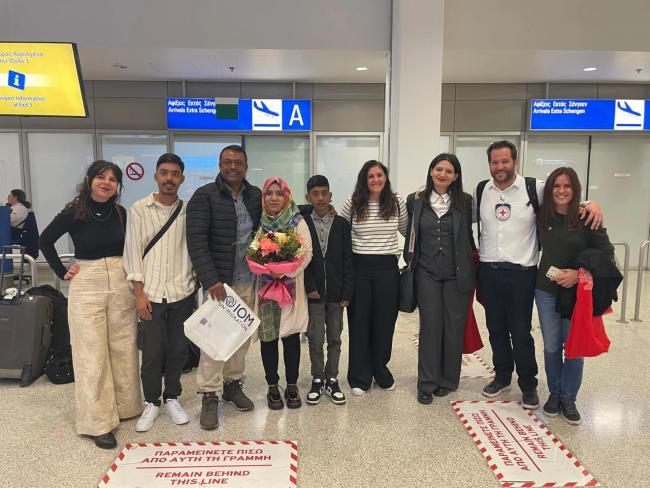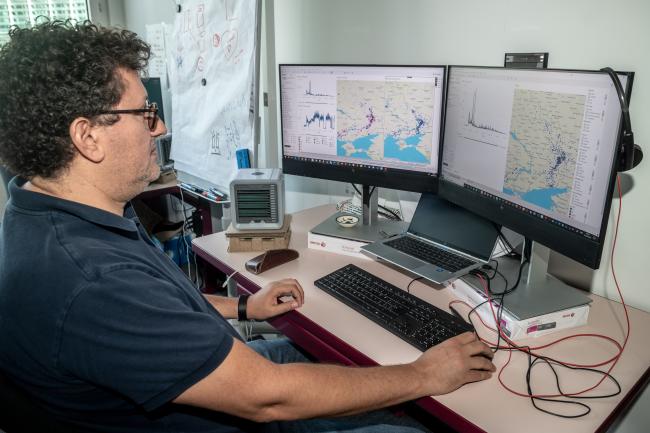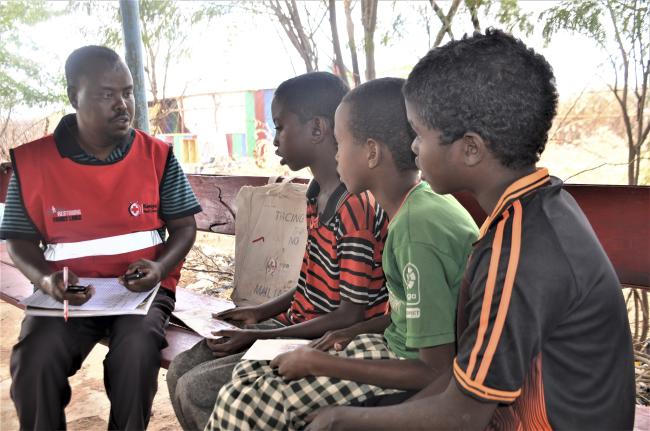One year of shared advocacy through the Global Alliance for the Missing

One year ago, a group of states came together to form the Global Alliance for the Missing (Argentina, Azerbaijan, Estonia, Kuwait, Mexico, Norway, Peru, the Republic of Korea and Switzerland). Their aim was to draw on their political, diplomatic and technical resources to promote more effective responses to the issue of missing persons. It was the start of an ambitious shared advocacy journey.
The Central Tracing Agency joined in the effort, assuming the role of secretariat for the alliance, and drawing on the collective knowledge and experience of the International Red Cross and Red Crescent Movement.
In 2022, Colombia and Nigeria joined the alliance. Together, the 11 member states have participated in a series of briefings to build a common understanding of topical issues, and have engaged in a number of high-level multilateral events.
In September, the alliance and the International Committee of the Red Cross (ICRC) co-organized a side event during the 51st session of the Human Rights Council. They informed UN Member States about key considerations when designing and running efforts to establish what happened to missing people and address the needs of their families. Representatives of Argentina, Azerbaijan, the Republic of Korea, Kuwait, Mexico and Peru (all member states of the alliance) shared their experiences with establishing national mechanisms, searching for missing persons, supporting the families and managing search-related information. They also provided information on diplomatic initiatives linked to missing persons in armed conflict.
In November, the Permanent Mission of Norway hosted an event in New York, together with Colombia, Kuwait and Switzerland, to discuss the connection between the issue of missing persons and peace processes with other alliance members and current and incoming members of the UN Security Council. It was a welcome initiative by Norway to: shed light on efforts to establish the whereabouts of missing persons, focusing in particular on the context of peace processes; identify good practices and lessons learned; and share experiences, all with a view to strengthening implementation of United Nations Security Council Resolution 2474 of 2019, especially with regard to building and maintaining a sustainable peace. Ambassador Tareq Albanai, permanent representative of the State of Kuwait to the United Nations, and Ambassador Sonia Pereira, deputy permanent representative of Colombia to the United Nations, spoke about their countries’ experience with tackling the issue of missing persons, highlighting the importance of early action and involving the families and the ongoing need for answers.
Members of the alliance also played an important role in the adoption of UN General Assembly Resolution 77/220 on missing persons. Thanks to members’ individual and collective efforts, the resolution not only included language reaffirming the need to involve families, it also included, for the first time, language acknowledging the needs of missing migrants. The alliance was mentioned in the resolution as well, bolstering its efforts to garner all possible support to prevent and respond to the issue of missing persons worldwide.
In 2023, led by co-chairs Mexico and Switzerland, the alliance hopes to build on these initiatives, continue to raise awareness of critical needs, and leverage the knowledge and experiences of alliance members through peer-to-peer support. Now that Switzerland is on the Security Council there will be opportunities to put the issue of the missing back onto the Council’s agenda. There will also be opportunities for advocacy in other global forums, such as the Human Rights Council and the Global Refugee Forum. At the same time, the 11 countries will continue to prioritize promoting better responses at regional level. The ICRC will continue to work closely with the alliance to advocate for the implementation of the many normative tools now at our disposal. An exciting year awaits.




